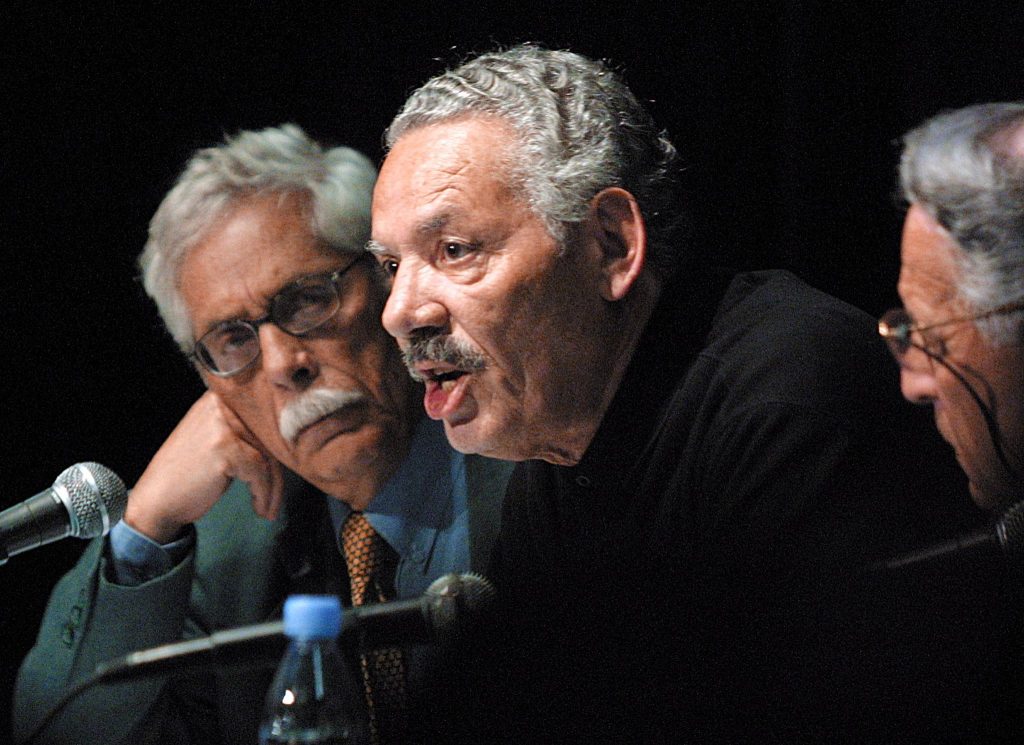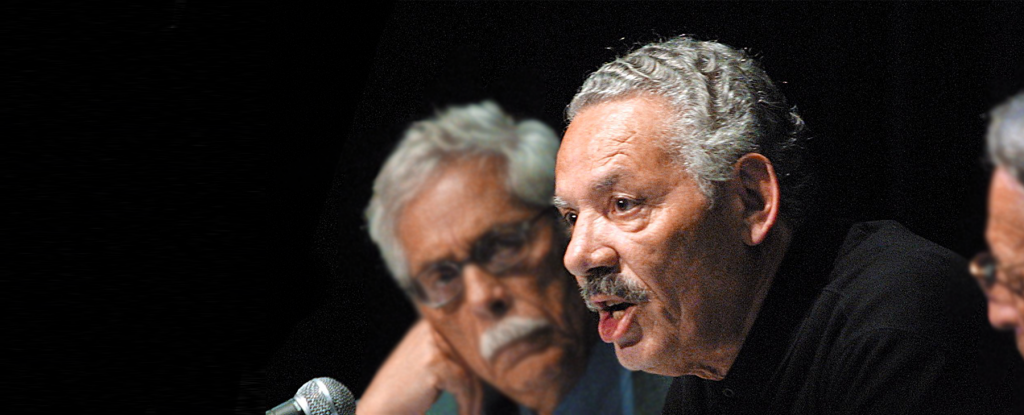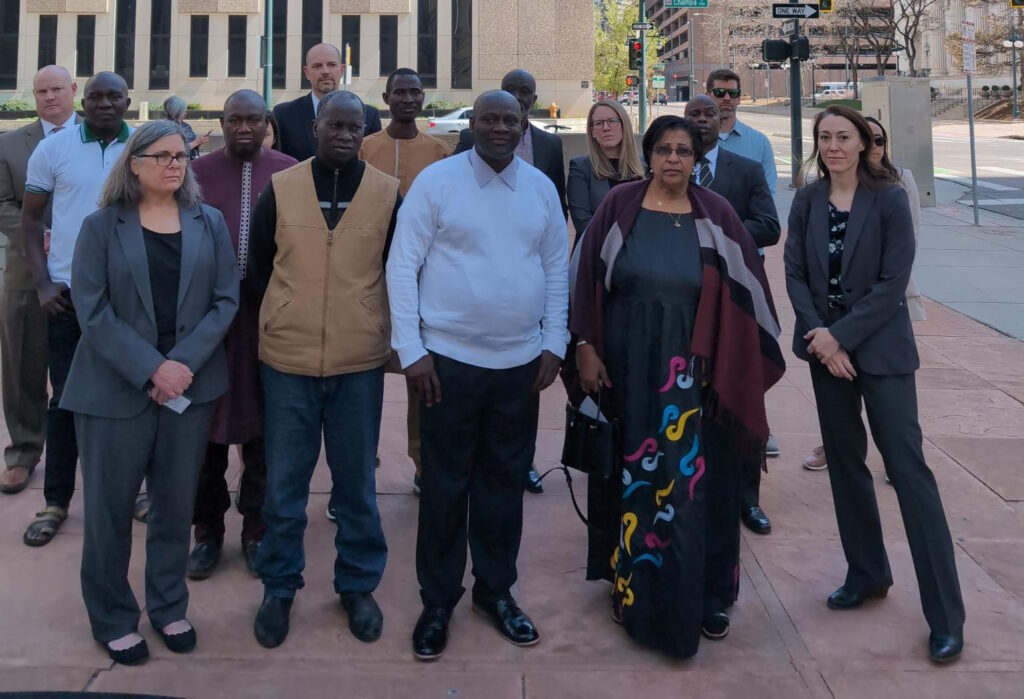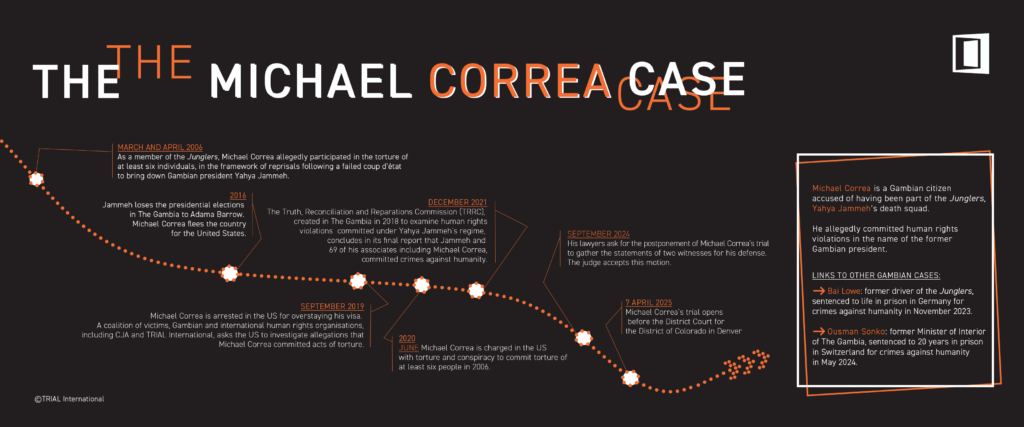Fulmati Nyaya, a 14-year old girl victim of multiple rape and other forms of sexual violence
The case
Arrest, rape and other forms of torture
In April 2002 Fulmati Nyaya (pseudonym) was a 14 years old girl, member of an indigenous community living in the southern region of the Terai. She was arbitrarily arrested by members of the Royal Nepalese Army (RNA) and of the Armed Police Forces (APF) on 2 April 2002 and taken to the army barracks where she was kept incommunicado for over one month and a half. During this period, she was subjected to repeated rape and other forms of sexual violence. She also suffered other forms of torture, including beatings, prolonged blindfolding, handcuffing and death threats. Moreover, while being held captive, she was subjected to forced labour. Fulmati Nyaya was eventually forced to sign a confession admitting her involvement in terrorist activities and obliged to become an informant and periodically report to the army barracks for almost a year after her release.
Adverse long-term consequences
During her detention, Fulmati Nyaya never received any medical attention. Today, as a consequence of the torture endured, she suffers from post-traumatic stress disorder and severe physical impairments. Upon returning to her home village, she became a social outcast as she was perceived as “impure”. She had to leave school for over two years to avoid future shame. After her marriage, Fulmati Nyaya’s husband heard rumours about her mistreatment in detention and he repudiated her sending her back to her home village cutting all contacts for more than two years.
Unsuccessful attempts to obtain justice redress
Nepalese authorities refused to register her claims because she did not report the rape within the 35 days terms of limitation after the crime as requested by Nepalese laws. On 11 April 2014 Fulmati Nyaya submitted a complaint to the Supreme Court of Nepal. The claim is currently pending, but she has no real prospect of success, considering that the Court has never decided in favor of victims of sexual violence in previous individual cases.
The victim seized the HRC
In June 2014 TRIAL International (then called TRIAL) submitted a communication to the Human Rights Committee (HRC) on behalf of Fulmati Nyaya, alleging several violations of the International Covenant on Civil and Political Rights. In particular, she requested the HRC to acknowledge that:
- she is a victim of torture (Art. 7), forced labour (Art. 8.3.a) and inhuman treatment in detention (Art. 10.1);
- she is a victim of a violation of her right to personal liberty and security (Art. 9.1, 9.2, 9.3), as she was subjected to arbitrary arrest and she was not promptly informed of the reasons for her arrest nor the charges against her.
- she is a victim of a violation of her right to privacy (Art. 17) and right to family life (Art. 23.1) because of the arbitrary interference with her privacy, the disruption of her family life and the failure of Nepalese authorities to adopt measures to protect her from stigma and marginalization.
- Nepalese authorities failed to carry out an ex officio, prompt, effective, independent, impartial and thorough investigation on her allegations, and to prosecute and sanction those responsible (aforementioned articles in conjunction with Art. 2.1, 2.2 and 2.3).
- these violations were aggravated by the fact that at the time of the events she was a minor and, as such, she was entitled to a special degree of protection (Art. 24.1).
- these violations had discriminatory grounds based both on her gender and on her ethnicity. Moreover, the violent acts amounted to a discriminatory act as such (Art. 3 and 26).
- and to request Nepal to investigate, prosecute and sanction those responsible for her rape and torture; as well as to ensure that she receives compensation and integral reparation for the harm suffered.
On 20 May 2019, the HRC issued a positive decision, recognizing for the first time the existence of forced labor in Nepal and proposing a holistic approach to sexual violence.
General Context
The facts of this case must be read in the context of the human rights abuses, including widespread torture and sexual violence, perpetrated during the 10-year internal armed conflict. In particular, rape was perpetrated in a systematic manner and many women were silenced by the stigma attached to sexual violence both in war and peacetime. At the time of writing, not a single perpetrator has been convicted for rape committed during the conflict and this climate of absolute impunity has been fostered by flawed legislation.
In January 2021, TRIAL International and the Human Rights and Justice Centre (HRJC) sent a report to Nepali institutions, including the National Human Rights Commission, on the the issues related to Conflict Related Sexual Violence (CRSV) survivors in Nepal. The report took the example of the Fulmati case to sheds light on various obstacles for the survivors of the CRSV in access to justice, and emit recommendations to align Nepali law to international standards.









